“He tore my clothes, beat and insulted me.” Survivor stories
The Human Rights Center "Viasna” and the World Organization Against Torture (OMCT) launched a campaign to document cases of torture, cruel, inhuman and degrading treatment of protesters on August 9-13, 2020. Some testimonies of people who survived torture and violence will be published on our website as evidence of crimes committed by security forces.
Nearly one year ago, on October 25, Aliaksandra (not her real name) was arrested while she was hiding with her friends in the entrance hall of an apartment building after the dispersal of a peaceful protest in Minsk. She was half strangled with her own scarf and her shoulder was injured. The girl told her story to Viasna.
I was walking down Arlouskaya Street in Minsk, where a beautiful demonstration was taking place. When we were stopped by a cordon of security officers, we were going to leave. And then they started throwing grenades into our backs. They exploded right at our feet, scorching our faces. There was panic. We found ourselves at the epicenter. It was scary and loud.
We ran to the nearest yard and hid behind a car. We could see that people in balaclavas and carrying weapons were going to surround us. One of them noticed us, threw us down with our faces to the ground, pointing his machine gun at us. He looked appraisingly at our faces, and, thinking that we looked too young, left.
We stayed in the yard and could not understand what to do next. It was scary to run because they were shooting in the backs (later, in the police department, we met a guy with a wound in his buttocks). We sat on a bench. We were too naïve to think that if we sat still, they would not touch us. We didn't know then that people in balaclavas didn't care who you were or how you got here.
We were confused. Our hands were shaking. But then we noticed the front door opened in an apartment building nearby, an elderly man came out and casually nodded to us. Shelter! We slowly walked to the entrance, which was opened for us. But at this very moment a woman’s cry came from an upper balcony of the same building:
“Don’t let this crap into our building!”
We did not pay attention to it, excited by an opportunity to escape. We went inside. We did not go to the old man’s apartment, but decided to stay outside, in case they would search the apartments. We knew that this had already happened and could happen again, so we did not want to endanger our savior. We hid under the stairs, in the darkest corner, and did not move. We were waiting until everything was over and everyone left.
He grabbed me by the scarf, pulled it tighter around my neck and lifted me up. My feet barely touched the ground with my fingertips
But even sitting under the stairs in the dark, we heard the woman screaming from her balcony. Now she was not shouting at us, but to the people in balaclavas:
“Three jerks in my building! Dial my apartment, I will open the door for you! They need to be educated!”
Several officers in balaclavas, without identification, approached the building, rang the intercom, and the woman opened the door for them. About five people ran into the hall with weapons and flashlights. We held our breath, snuggling together. A rough shout, and the security officers began to blind with their flashlights, and humiliate us, not even realizing who was sitting under the stairs:
“Come out, bitches, or you’re done!”
We came out: three little girls against five angry ‘balaclavas’.
I was wearing a red scarf tied around my head, but I lowered it around my neck so as not to attract attention. Red now works like a rag to a bull: of course, they noticed it and it made them mad!
One of the officers, the maddest one, grabbed me by the scarf, pulled it tighter around my neck and lifted me up. My feet barely touched the ground with my fingertips. In this way, he carried me outside. I started tapping him on the arm, making it clear that I couldn’t breathe, that I was giving up and not resisting.
But he didn’t care. He kept shouting at me, spitting, but I heard nothing, the air ran out and it was dark before my eyes. He threw me to the ground, then put me on my knees. Touching the ground with my nose, I heard his comrades being surprised at such cruelty. How much you can anger a person with a scarf!
As I was kept outside, my girlfriends were taken to a prisoner bus. Another masked man approached me, gently lifted me by the arm and slowly led me to the bus: “I'm sorry.” Apparently, he saw me being taken out.
Everything around looked unreal: blood, teeth, fainting, mugshots, mockery by police officers
We were taken to the police department. At first, we all stepped over a half-naked body in front of the entrance, and then we were forced to stand facing the wall. It lasted for 12 hours.
My red scarf was confiscated. I asked them:
“Is red banned in this country?”
The answer was yes. I joked:
“And what if I’m wearing red panties?”
They said they would take them off.
Then there were several interrogations, fingerprinting, mugshots, blood smeared on the walls. A girl with a camera was running around all the time, annoying by her attempts to select the ‘right’ people for her ‘interviews’. The officers constantly discussed the next ‘interviewee’. We noticed that they picked out detainees from different cities, with different occupations and different appearance. It was impossible to refuse this ‘home video’.
Everything around looked unreal: blood, teeth, fainting, mugshots, mockery by police officers. At one point, I couldn’t stand it and said out loud, even though we weren’t allowed to talk:
“You seem to have a dead man here!”
The same half-naked man was lying right at my feet. And no one approached him. It began to seem to me that he was no longer breathing. I couldn’t help him myself - I couldn’t move away from the wall, raise my head or talk. But I risked to say it out loud.
The officers just laughed, but decided to check on him just in case. It seems that they put cotton wool with ammonia deep into his nose three times, and he did not react. The police officer, who was desperately trying to bring the man to consciousness, began to threaten him nervously:
“If you fake it, you’re dead!”
The half-naked body barely regained consciousness. As it turned out, it was a minor boy suffering from diabetes. He had a seizure, but no one responded, and they just walked over him for several hours.
He turned out to be almost the only one who was helped that evening. There were many victims in this hallway: a guy with a broken jaw, who was holding his broken teeth in his hand for 12 hours, blood was flowing from his mouth. A guy with wounded buttocks filled the floor with red. And many more beaten guys. The girls were hardly touched. Almost…
I sat there, shocked, with a lump in my throat, not understanding why one adult man was beating me and another was calmly looking at it
I was taken for another interrogation, the fourth or fifth. We talked to a bossy investigator in exactly the same way as in the previous interrogations: how much I was paid, who is my coordinator?
During each of the interrogations, I tried to have an adequate dialogue. But this time I was hindered. A man entered the office, he did not introduce himself. He lit a cigarette and just listened. He didn’t like something in my story: suddenly he started screaming, ripping my clothes off and punching me in the shoulder! He punched me and shouted that I was a ‘stupid c..t’.
I was determined not to cry. These people are not worthy of my tears. I gathered myself into one great patience, very restrained and clearly asked why he dared behave that way.
He didn’t seem to have heard, carried away by the beating. I gathered all my will again and repeated. He stopped beating me, noticing that I was not reacting the way he wanted to: I didn’t scream, cry or beg for mercy. He calmed down and walked away. The other one smiled and said:
“Well, we have these bad guys here, too.”
I sat there, shocked, with a lump in my throat, not understanding why one adult man was beating me and another was calmly looking at it. Why they strangled me at each interrogation, and what I heard was mockery: “Well, they didn’t strangle you to death, did they.”
As I walked out of the office into the hallway, I held back tears of pain, already feeling my shoulder was badly dislocated. Then there was a show for the ‘home video’: we were given chairs so we could sit down and show that we were being treated well.
The pain in my shoulder mingled with fear for my brother, who remained in Arlouskaya Street. I didn’t know if he managed to escape, or if he would be okay, where he would spend the night, since I had the keys to our apartment. There was no right to call. There was no right to human rights either. In reply to all our requests to read us the rights, they just laughed in the face and said we had watched too many American movies.
Then we were taken to the ‘monkey cage’ - a concrete cell with only one concrete bench. There are a lot of girls and women in the cell, and there was not enough room for everyone. I was sitting on the floor, tormented by thirst and fear of what would happen next. I don’t know how many hours I spent in the dark, the wild stench and the horrible screams from the next cell.
For some reason, the prison staff in Akrestsin Street consider themselves gods. The guards called us many different names, but none of those words sounded like a human one
In the morning, we were taken to Akrestsin Street. They undressed and searched us, then distributed us to the cells. I got into a cell with no free bunks, but I was well received, fed and given a place to sleep. The next day, I was transferred to another cell.
The food was poor. They gave a handful of sour porridge and asked if it was delicious. For two days, I ate almost nothing until the volunteers sent us cookies and water.
There, in Akrestsin Street, the staff for some reason consider themselves gods. The guards called us many different names, but none of those words sounded like a human one.
All we had to do was wait for the trial. But it was as absurd as everything here: via Skype, on the phone of an officer. At the same time, his girlfriend kept calling him, which interrupted the trial and annoyed the judge terribly. I don’t remember the judge, because she didn’t mention her name and was wearing a mask. My witness was… a note from an Ivan Ivanovich Ivanov. And no one listened to me. I was convicted under two articles: 23.34 and 23.4 of the Administrative Code.
The day after the trial, I was taken somewhere. I walked into a cell with two men. The guard closed the door and left. There were just me and them in the room. I had no rights or truth, they had power and impunity.
“Come on, my friend,” said one of them with a smile. “Do you think we can jail you for three years?”
I did not understand what was happening, but it clearly depended on the mood of the two, who could easily tick a box in a paper and I would spend the next few years behind bars.
They tried to pin Art. 342 on me for allegedly throwing stones at a police department building. But I wasn’t there at the time, and it’s in all the five police reports that I signed.
They looked at me for a long time, and finally I heard:
“Um, of course you don’t look like a rough.”
They had judged me by my looks. At that moment it was clear that if I were bigger, rougher, for example, with a piercing, a weird haircut, I would fit the role of a ‘terrorist’ who will be punished for everything.
I was released, but the girl who was there after me could not leave the room until she had signed a paper. Seeking protection and justice there was useless.
I was trying to protect myself! I tried to find justice, at least with the charges that I wrongly faced. I was strangled and humiliated, and the report said that I resisted, kicking and screaming, and tore the uniform of a police officer.
I decided to appeal the court ruling. I have that right, the judge said I did. But it turned out that there is a right, but if there is no pen, paper and an envelope - nothing will happen. And I had nothing. I didn’t know if I could ask anyone for help there. And was it worth it? One could find oneself out of favor of the ‘gods of Akrestsin Street’.
I had to reprogram the brain to survival mode
On the third day, at 6 am, we were all gathered in the inner yard - a concrete stall with a checked sky. Girls and boys apart. There we stood for five hours, without breakfast or morning toilet. It was cold, late October. We tried to distract from hunger and cold by singing, but were punished for the idea.
Time dragged on indefinitely. When we were pushed into police buses, it became clear that we were being transferred. The next stop was remand prison No. 6 in Baranavičy.
It was scary to be transported in a tight cell for several hours: there were two of us, the air was running out quickly. My mind was fixed on just one idea: if we turn over, no one will save us, because we were locked in that cell!
The welcome the ‘guests’ received in the prison was terrible: running between two rows of men with batons and dogs. I was scary. The head was dizzy from lack of oxygen and bright light.
But we weren’t beaten. They undressed and searched us. I told about the pain in the dislocated shoulder and the neck, but the doctor replied that he was not ready for such medical difficulties. He said he could give me activated carbon. I had to reprogram the brain to survival mode.
Conditions in the new cell: basement, concrete, shit bucket. No hot water, no lights off or dim light at night. Rise at 6 am to the national anthem, a shower once a week, 30 minutes of outdoor time every day, dinner with the specialty of ‘boiled fish’.
In the cell, everyone had a bed, which was not bad after all. Parcels from relatives, letters. Then we were ‘girls’ and ‘ladies’, instead of ‘crap’ or ‘bitches’, as in Akrestsin Street. We were intimidated only on the day of arrival, and then we were no longer insulted. Local staff themselves did not fully understand what was happening in Minsk.
After release, I could not relax. It would seem that everything had passed, but my apartment was unexpectedly searched, and I became a suspect in a criminal case of ‘throwing stones into the building of a police department.’
I had to leave the country. After a while, I managed to contact Viasna and tell them my story. I was offered a therapist who diagnosed PTSD and treated me until my full recovery. The shoulder was cured only after I came to another country. I still have spasms in the neck. Every month, I receive letters from the court saying that I should pay for some strange notarial proceedings. The Interior Ministry keeps taking money from my bank cards, although all prison bills have been paid.
More stories of people who survived police violence and torture:
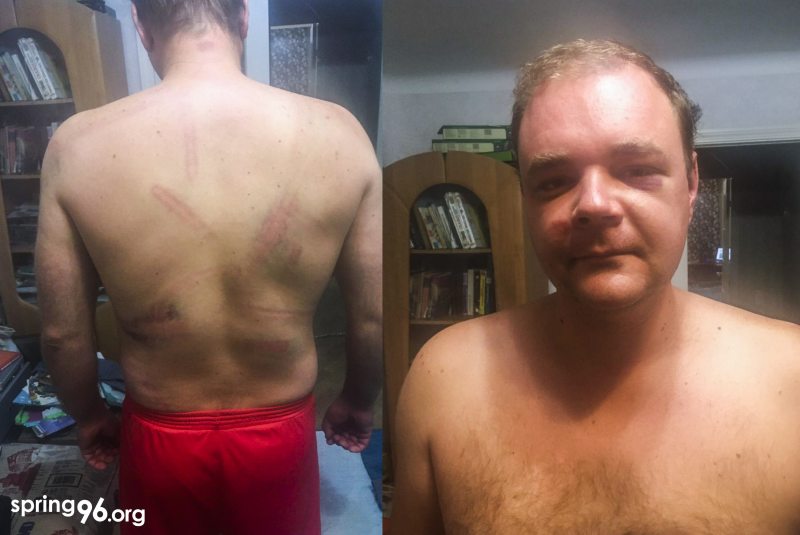
"They broke my nose and car because I had a white ribbon." Survivor stories
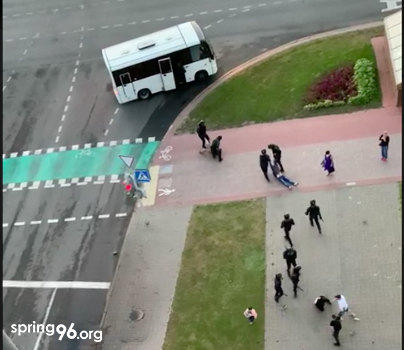
Violent protest dispersion resulted in a broken arm and a night at the detention center. Survivor stories
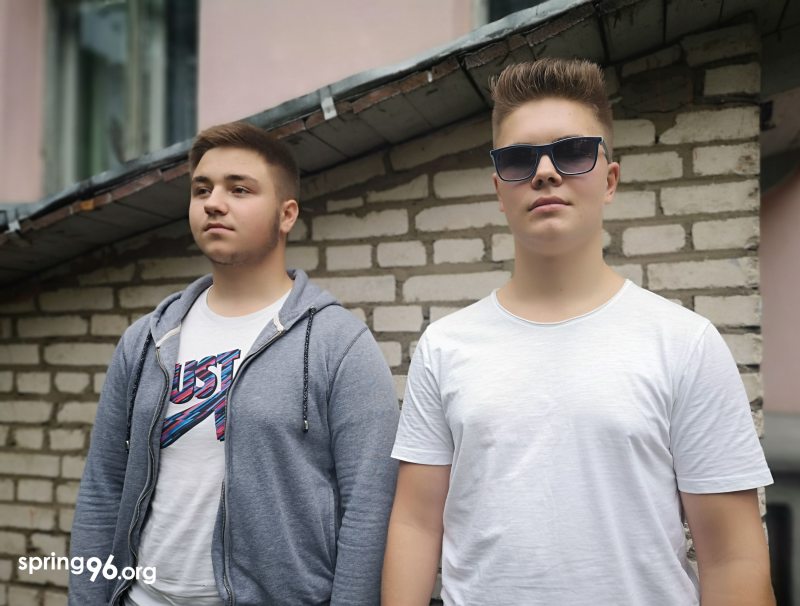
"We felt like we were chickens brought to a cage with tigers." Survivor stories
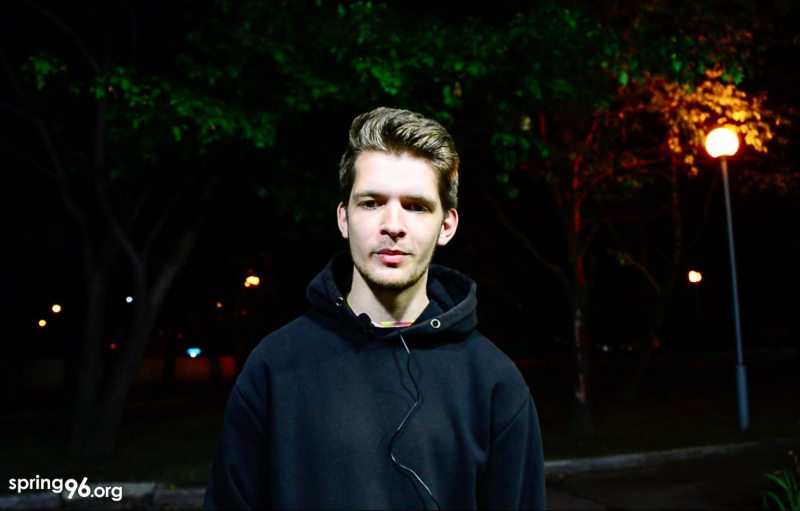
"Let's take him to the police van, let the guys have fun." Survivor stories
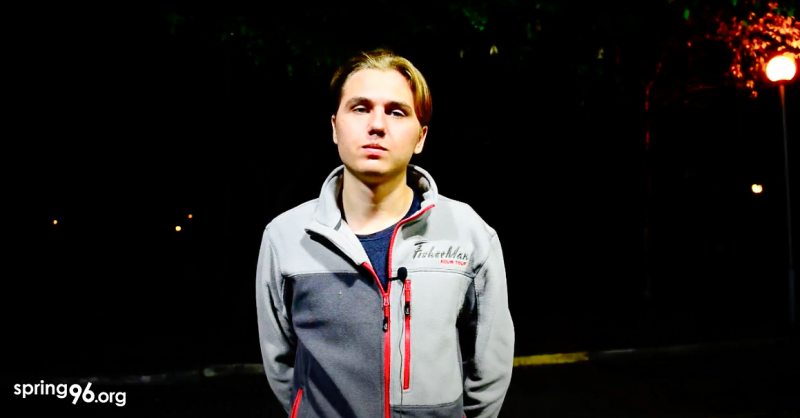
"We brought you to the execution, guys." Survivor stories
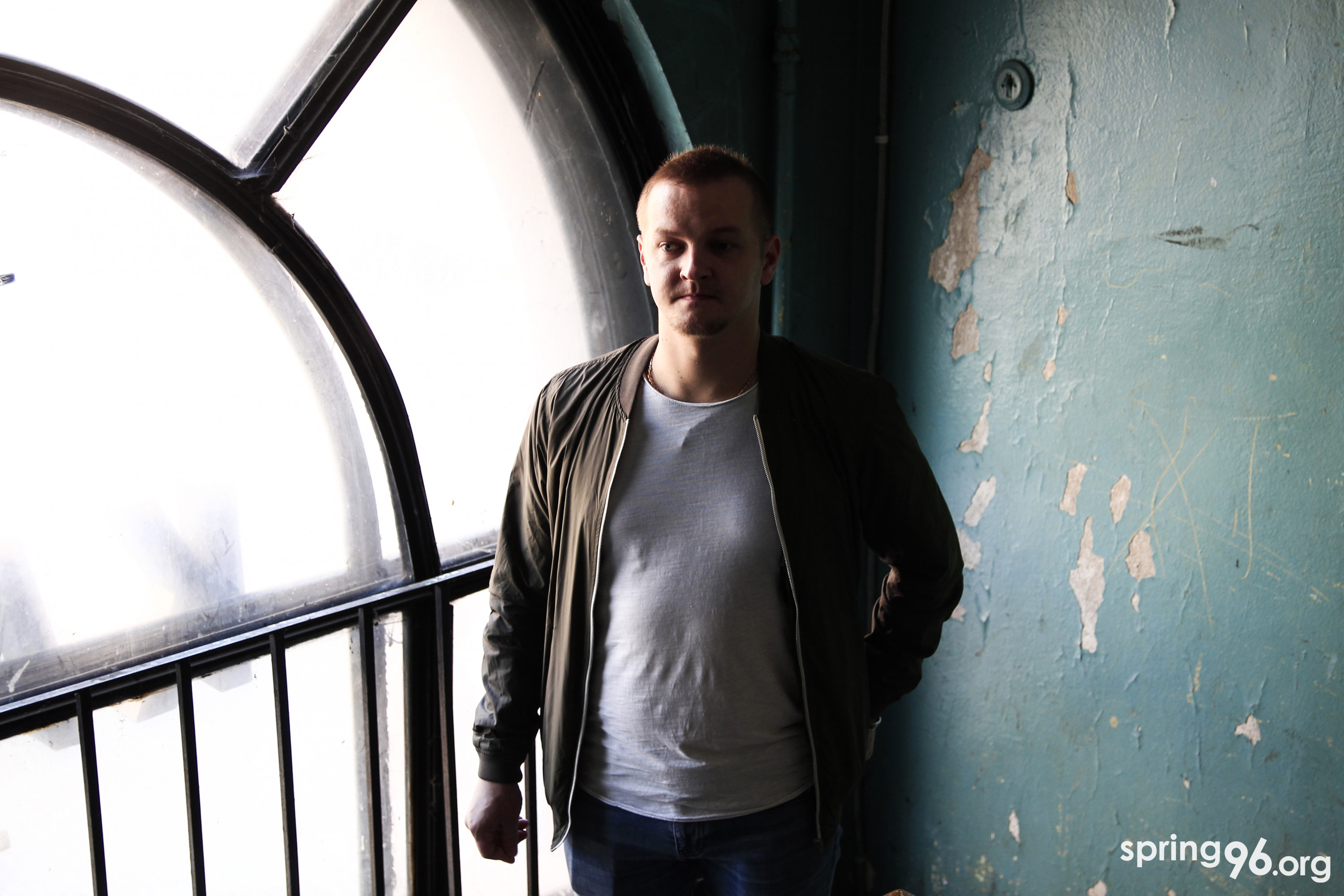
A bartender talks about his 3-day arrest. Survivor stories
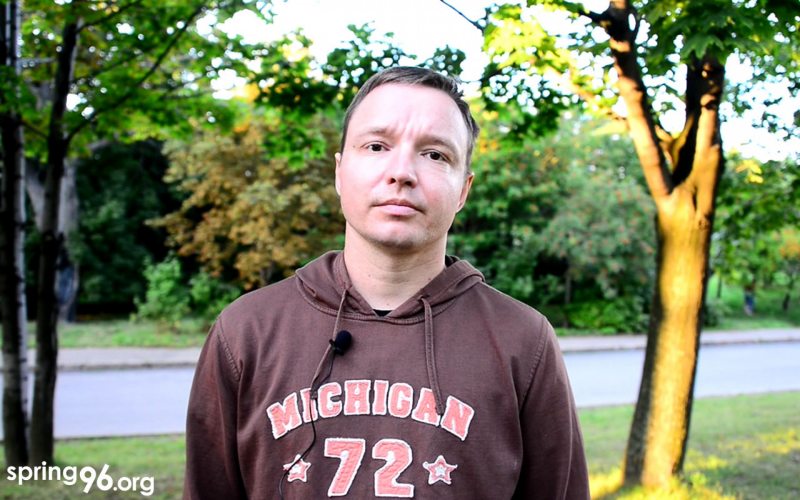
"A riot policeman sat on me in the police van and exclaimed: 'Look at my nice chair!'" Survivor stories
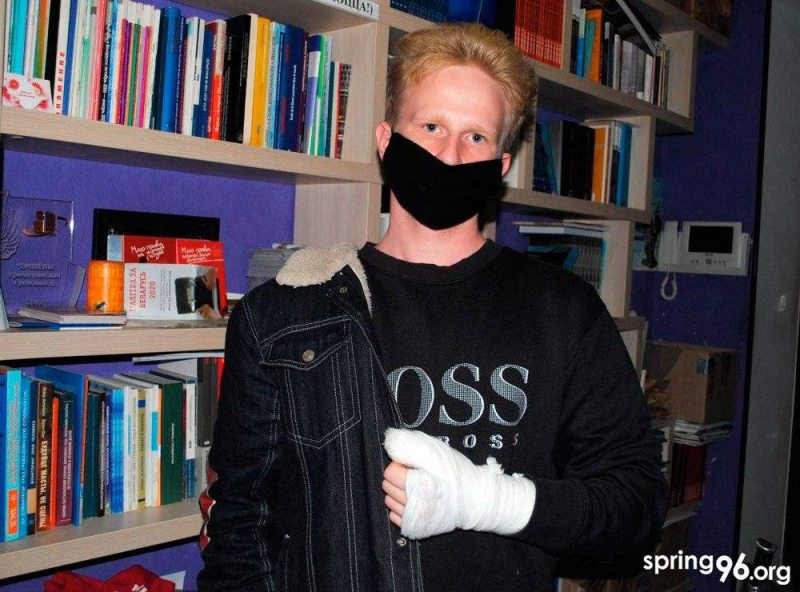
"They threw my skateboard away and told me I feigned a broken arm." Survivor stories
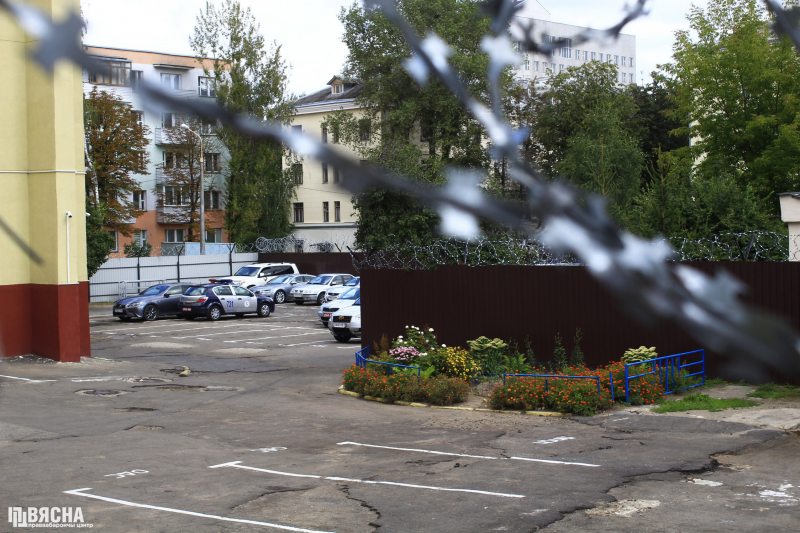
"I had to take down my pants and stand in my underwear in the middle of the hall." Survivor stories
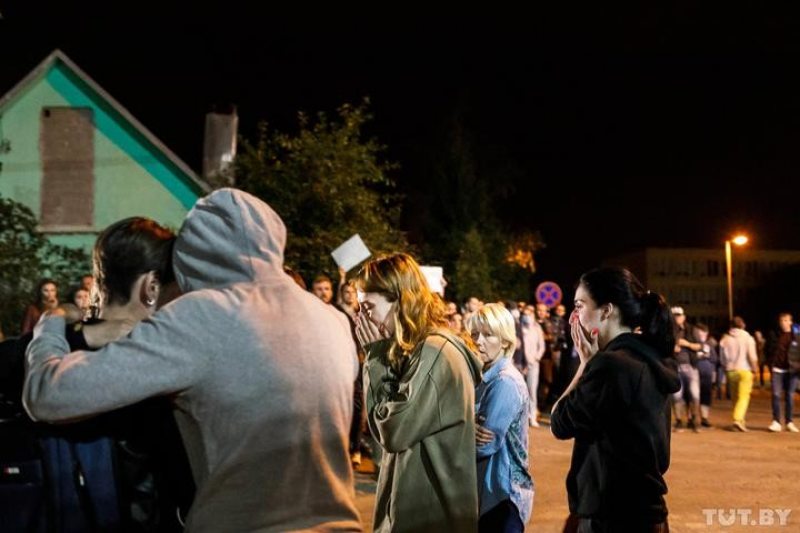
"Riot policeman took another baton and said: 'I wanted to be a drummer all my life.'" Survivor stories
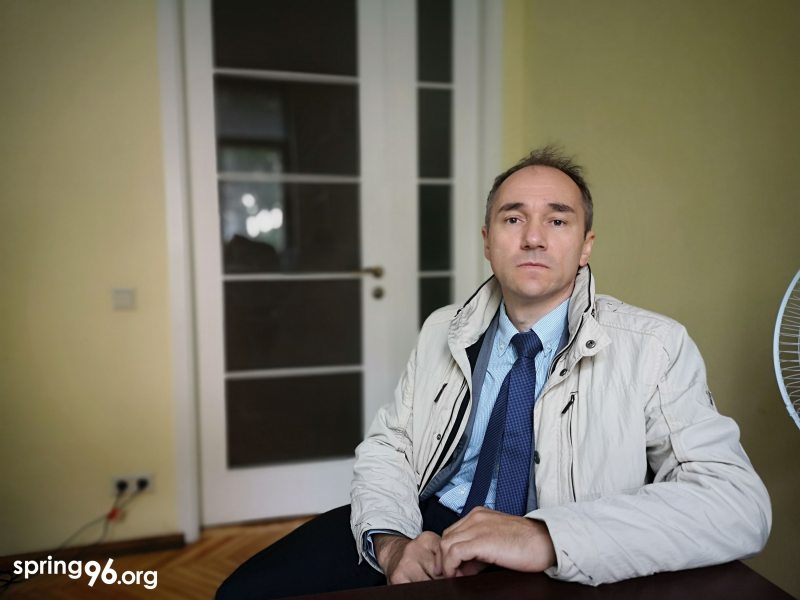
"They broke my ribs and found me guilty." Survivor stories
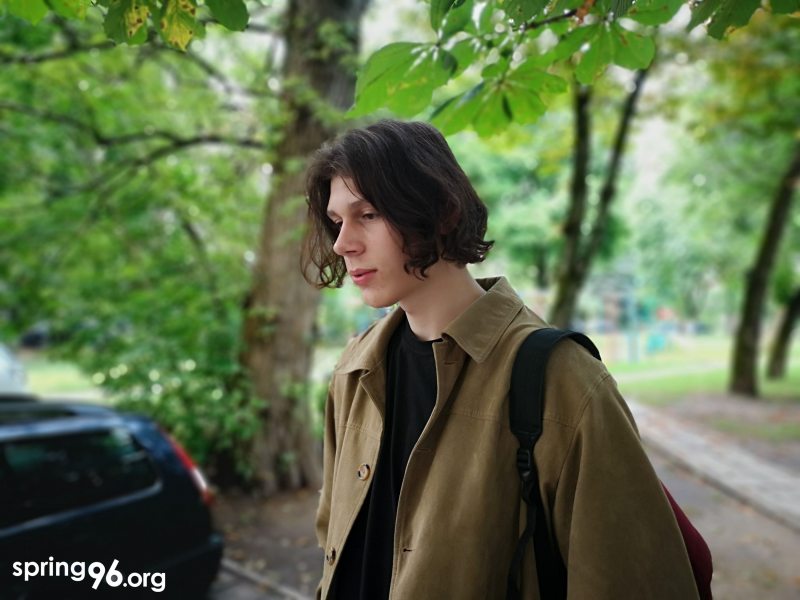
"When they looked at my ID, the beating became softer." Survivor stories
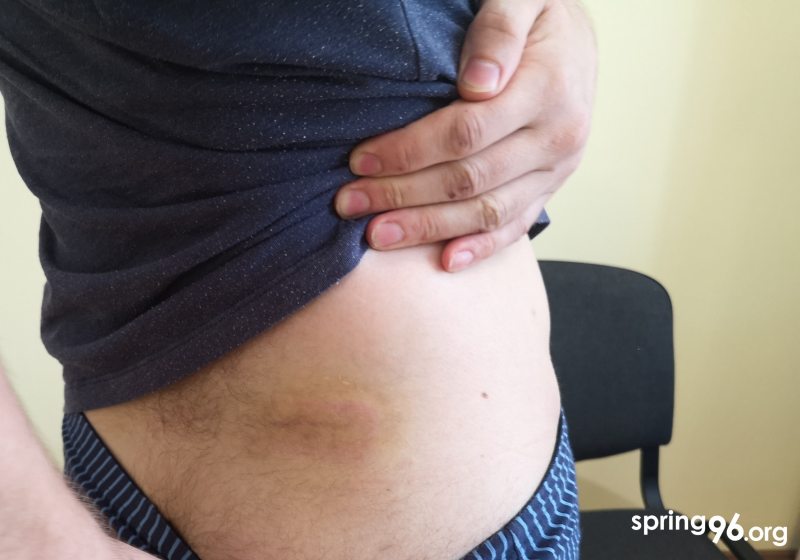
Rape threats and "shared responsibility". Survivor stories
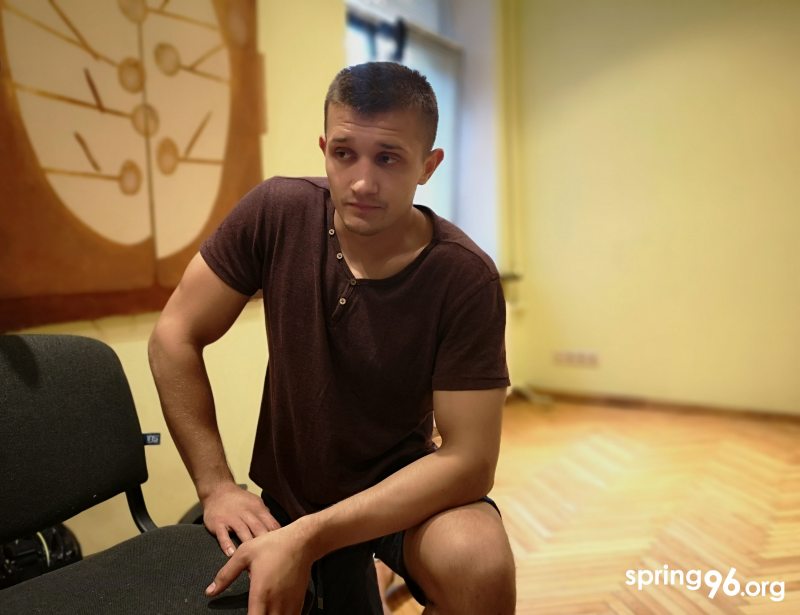
"You have thrown Molotovs!" they said and hit us with a Taser." Survivor stories
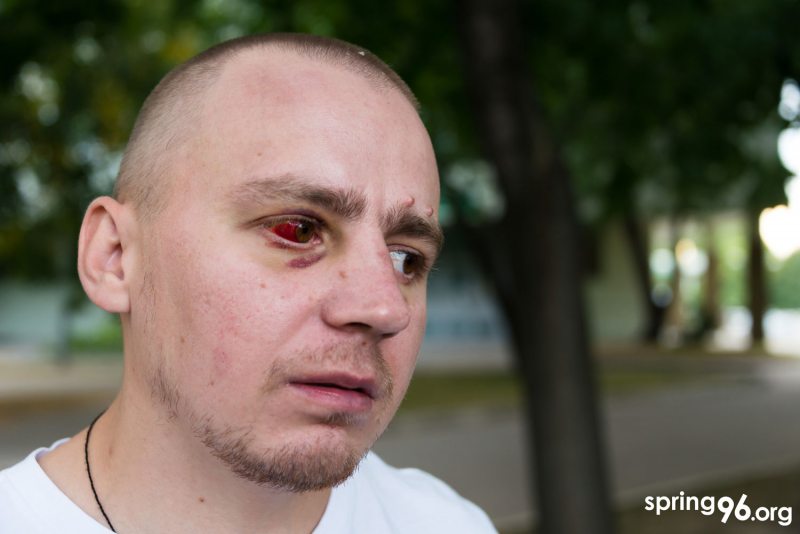
"They started beating me again and said: 'This is a refill for you!'" Survivor stories
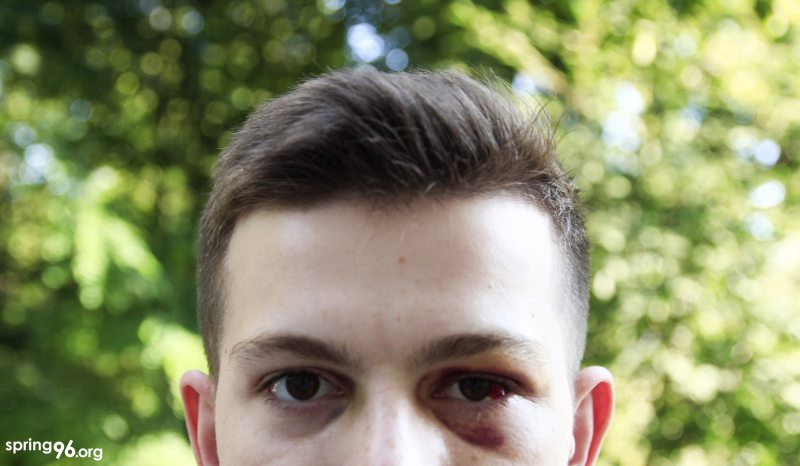
"A paramedic came and started beating people." Survivor stories
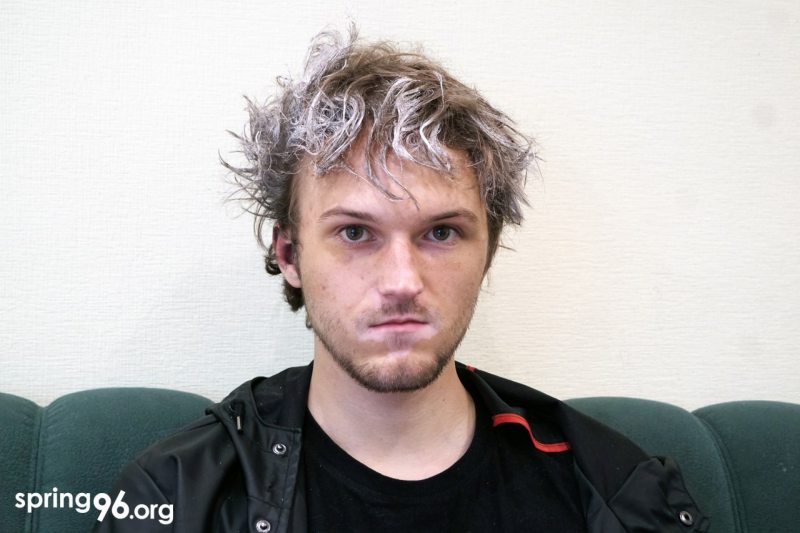
"White paint was poured on my head. It was like a sign to beat me harder." Survivor stories
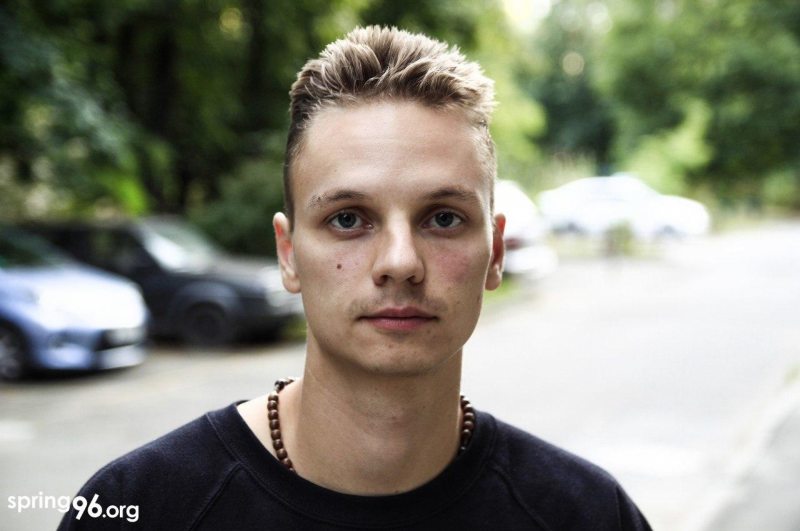
"One of them beats you and the other aims at you with a machine gun." Survivor stories
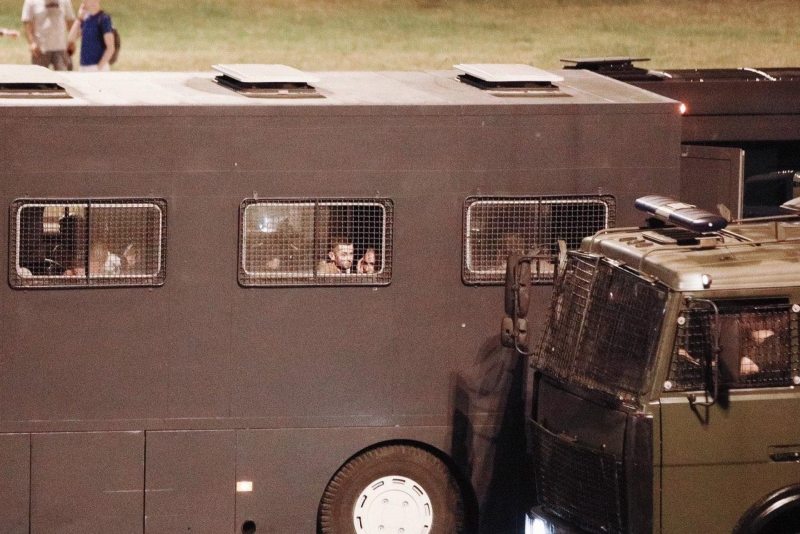
"They took away my bra with a breast prosthesis." Survivor stories
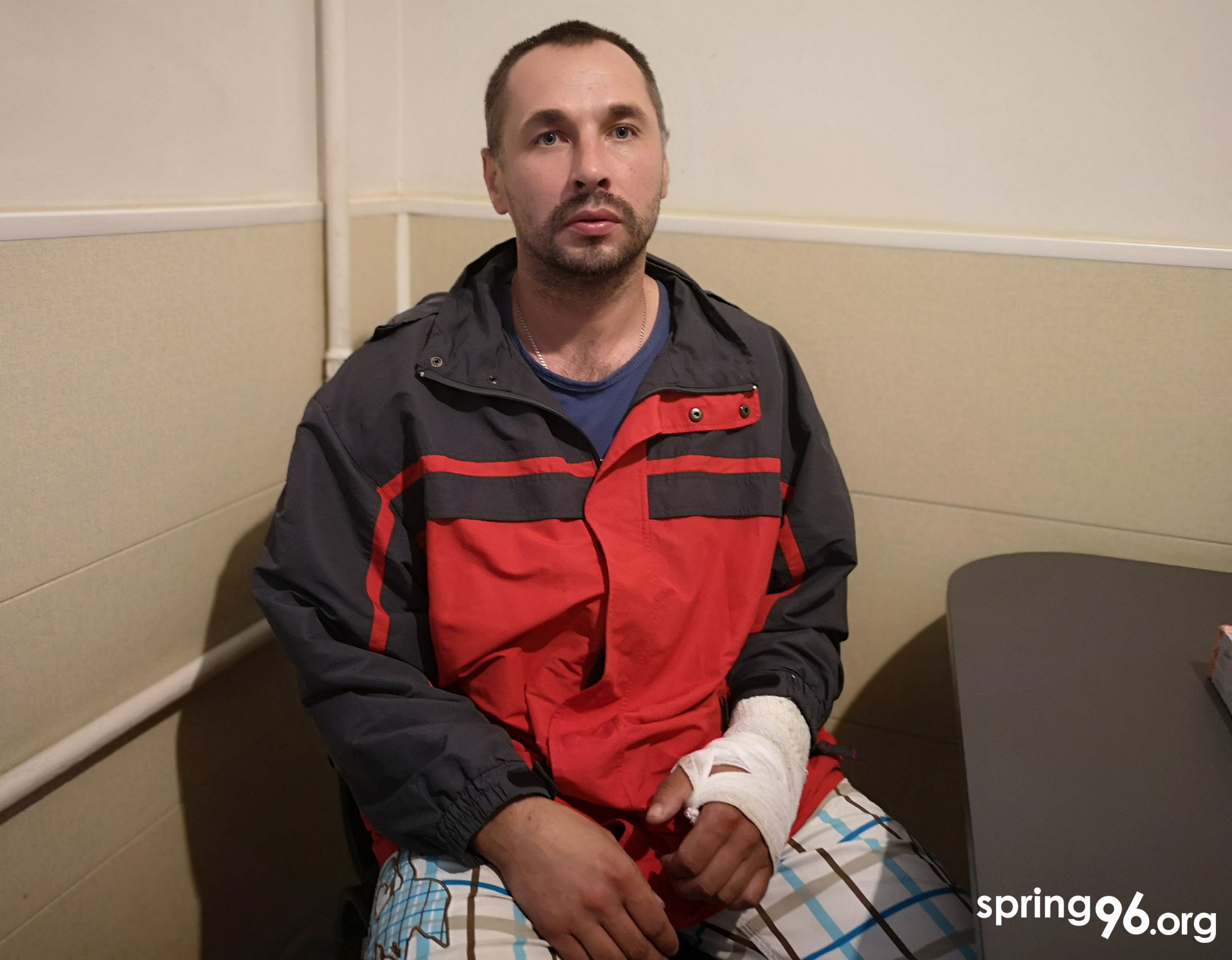
"Road police officers broke my arm during detention." Survivor stories
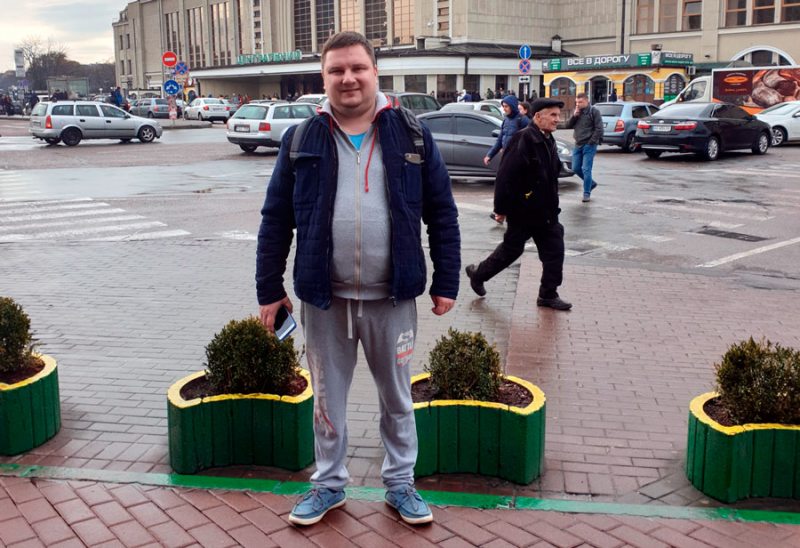
"I was lucky to be a journalist and to have my kidneys thrashed previously." Survivor stories
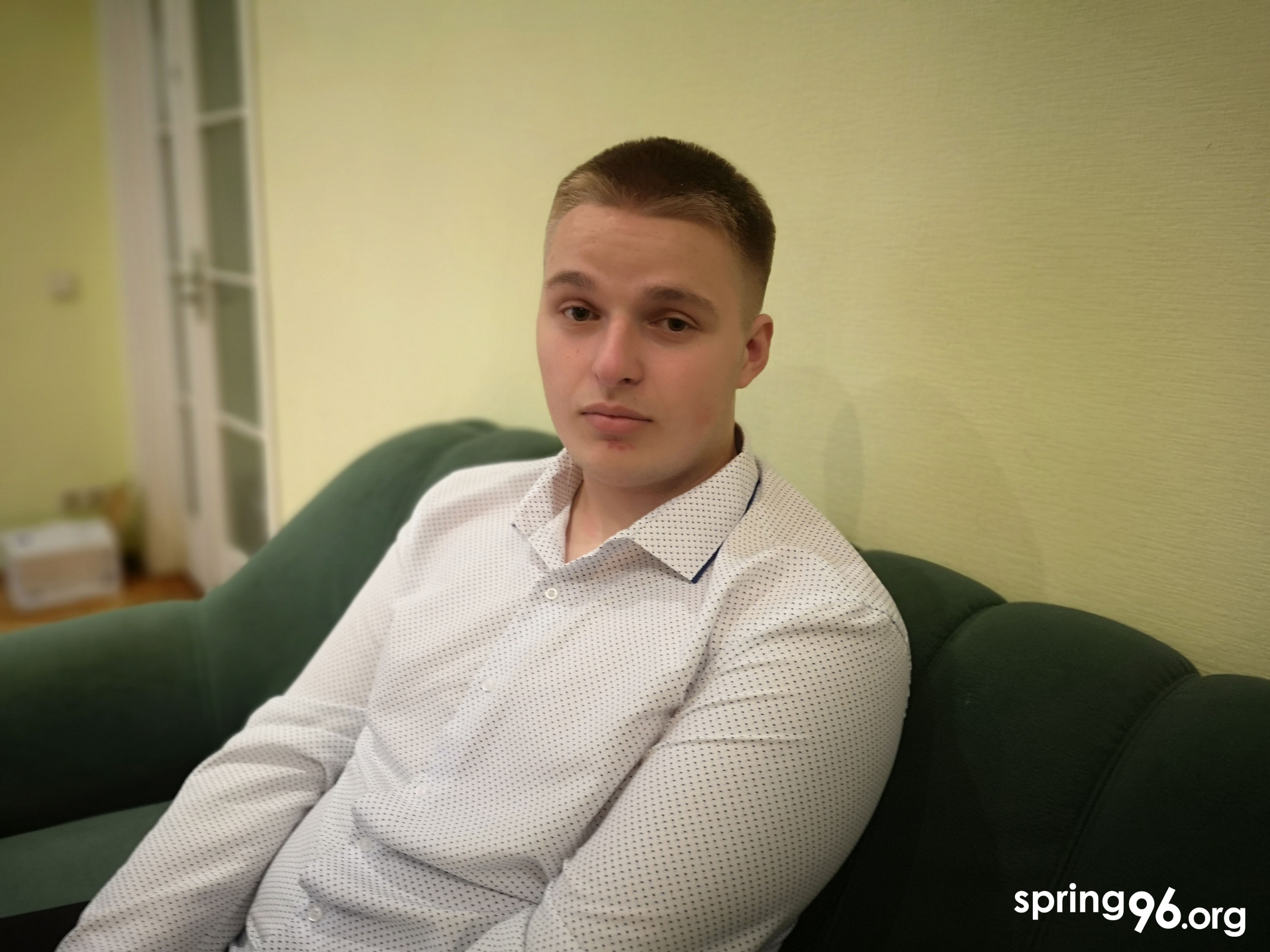
“We will shoot you and you will never be found.” Survivor stories
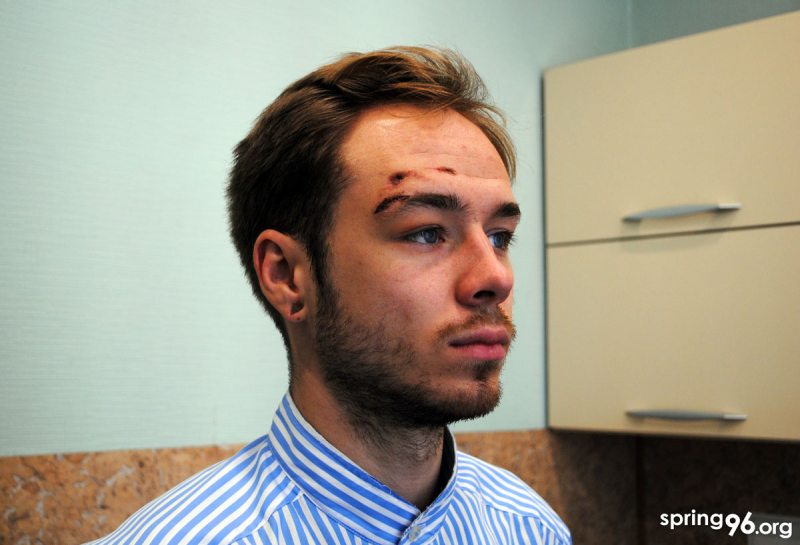
“We were trampled in the police bus.” Survivor stories
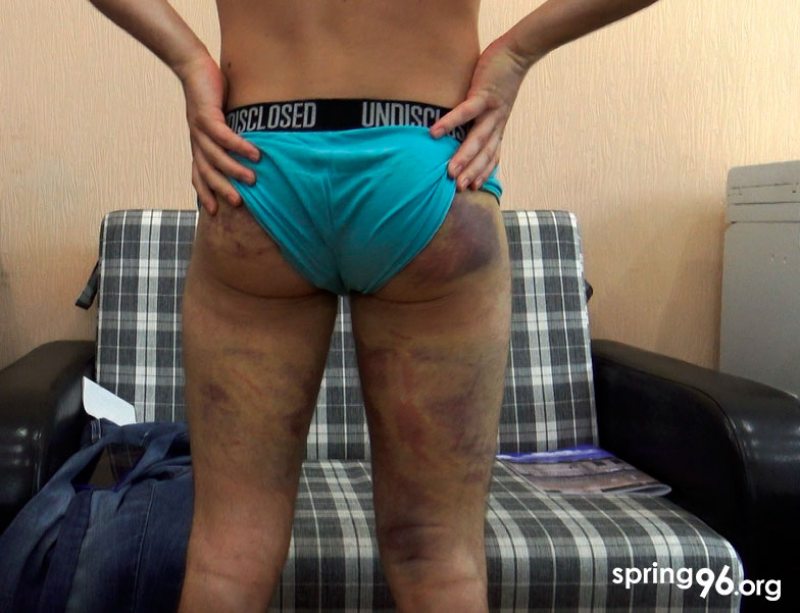
“Now we’ll show you how to s..t your pants." Survivor stories
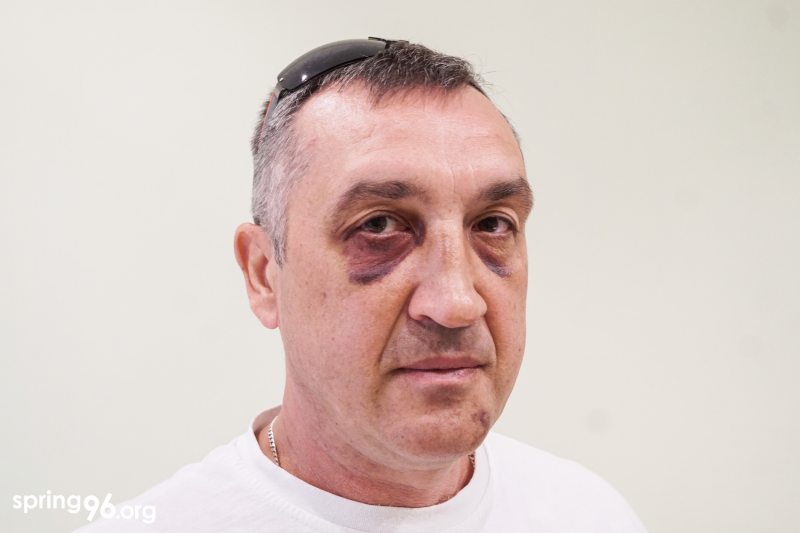
“So you are for Tsikhanouskaya?” Survivor stories
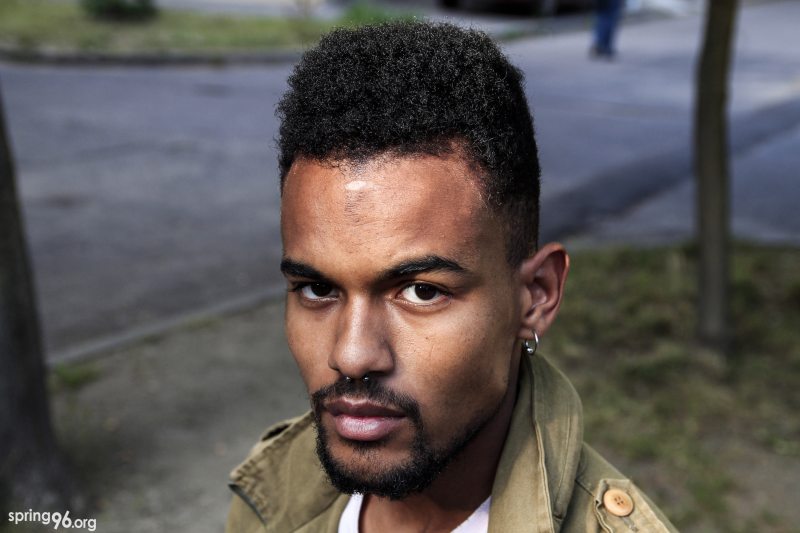
"Officers abused me all the time because I’m black." Survivor stories
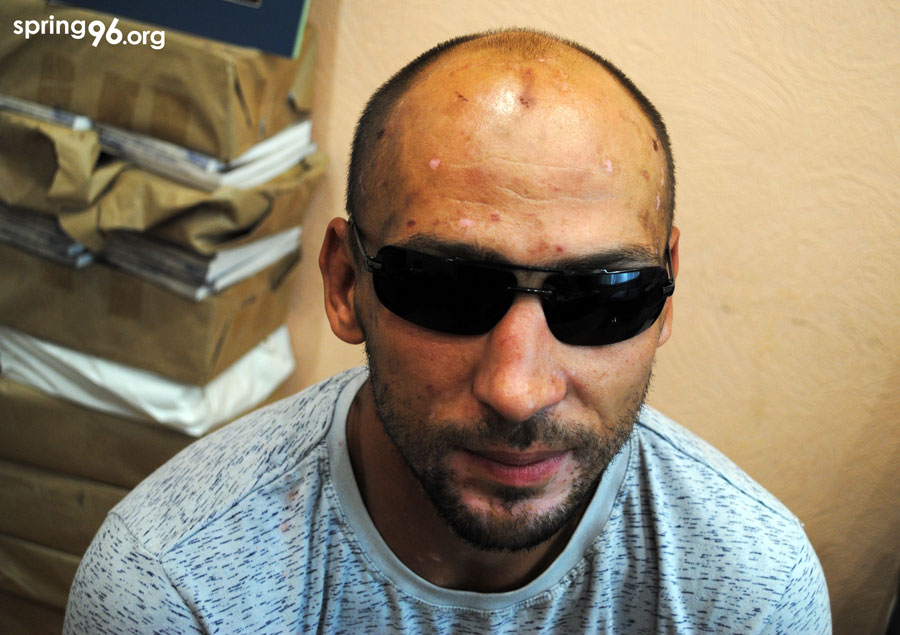
“They kicked me in the head with their police boots.” Survivor stories
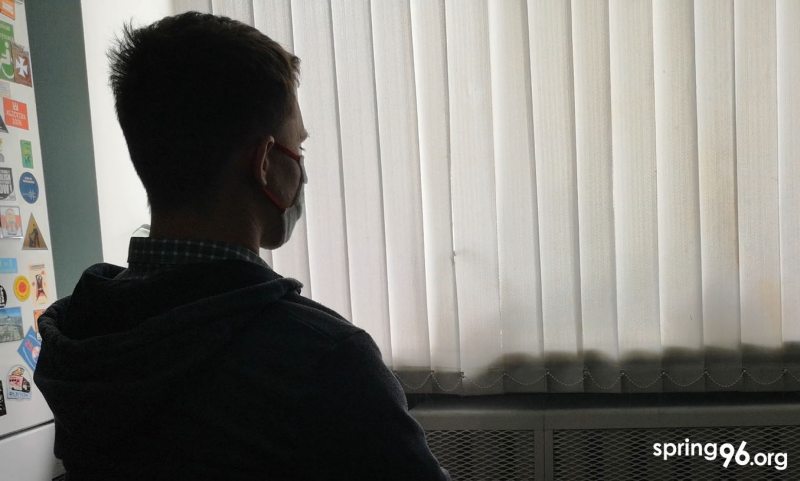
“People were screaming every night.” Survivor stories


















